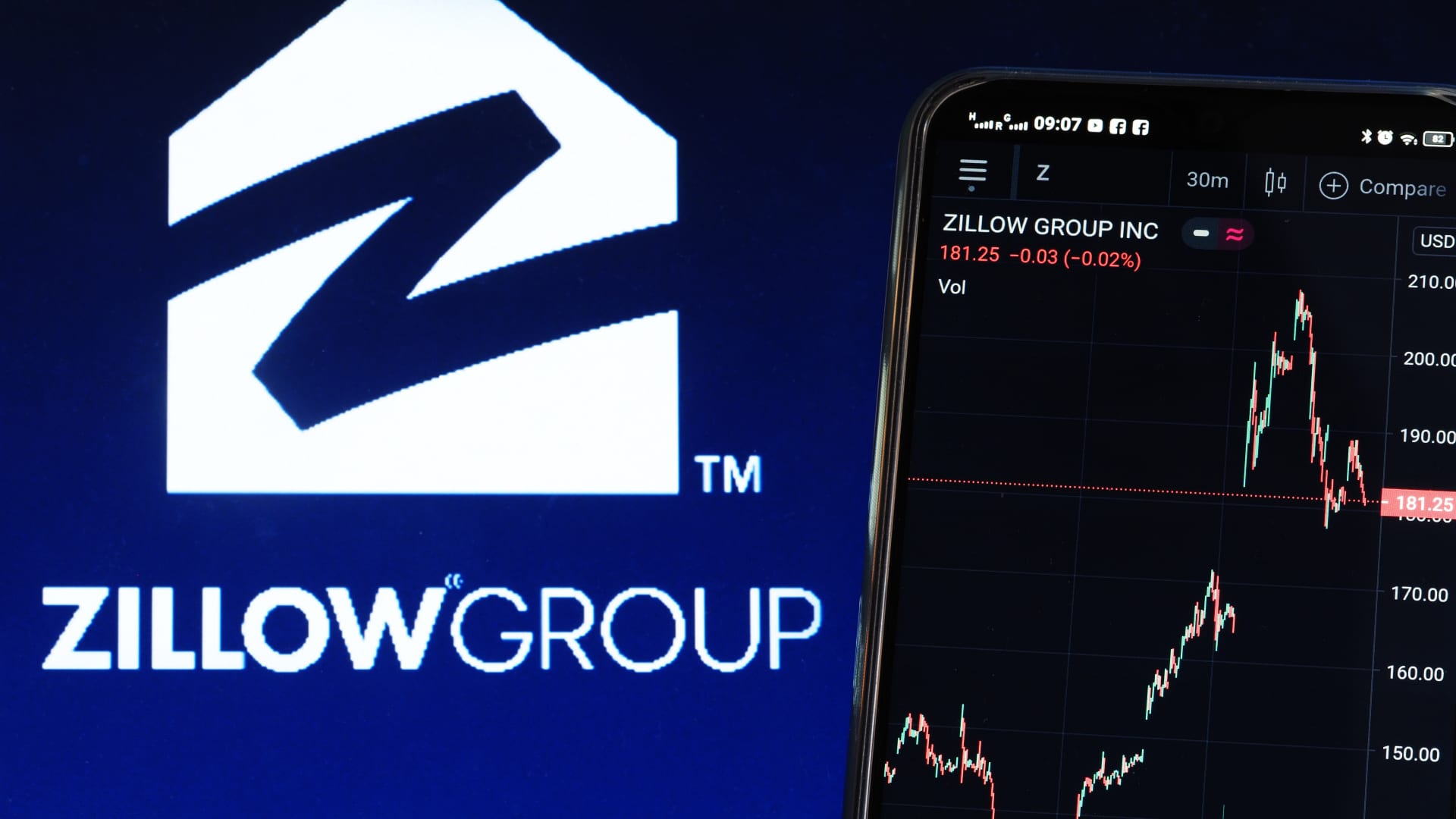T
he late‑2000s saw Zillow and Trulia emerge as the dominant home‑search portals. Their rivalry quickly shifted from a product showdown to a costly marketing war, draining resources that could have been directed at larger industry players. In 2014, the tension peaked: Zillow’s chief revenue officer, Greg Schwartz, lamented that the battle was “throttling Trulia” and that both companies were fighting each other instead of confronting the real estate giants.
Spencer Rascoff, Zillow’s CEO, approached Trulia founder Pete Flint with a proposal to merge. Flint, who had been steering Trulia toward growth, initially hesitated but saw strategic advantages: advertisers could reach both audiences through a single partnership, and product development could accelerate. Rascoff had studied merger models and decided on a rapid, full integration, even if it meant “breaking some eggs.” The deal was announced in July 2014 and closed in 2015 for $2.5 billion.
Schwartz moved to Denver, Trulia’s largest sales hub, to oversee the integration of the two high‑performance cultures. He described the transition as smoother than expected because the rivalry had always been professional. Flint likened the shift to a sports trade: two teams in the same league, later on the same side. The merger preserved each brand’s distinct user experience while streamlining operations behind the scenes.
For real‑estate agents, the acquisition meant immediate expansion. About a third of Trulia’s users were not on Zillow, so agents gained a broader audience without adding another relationship to manage. Initial concerns about higher costs or reduced competition proved unfounded; the market remained crowded, and agents benefited from a single, more powerful advertising platform.
Consumers, however, continued to choose between the two interfaces. The strategy of keeping brand identities separate proved effective, allowing users to retain their preferred experience while enjoying the efficiencies of a unified backend.
Key figures moved into new roles: Schwartz became CEO of Tomo Mortgage, and Flint joined NFX as a managing partner. The merger also propelled former Trulia leaders into significant positions at Zillow, including COO Jun Choo.
The acquisition did not stifle competition; instead, it intensified the portal wars, setting the stage for the next chapter in which Trulia’s prominence waned as Zillow’s influence grew.













